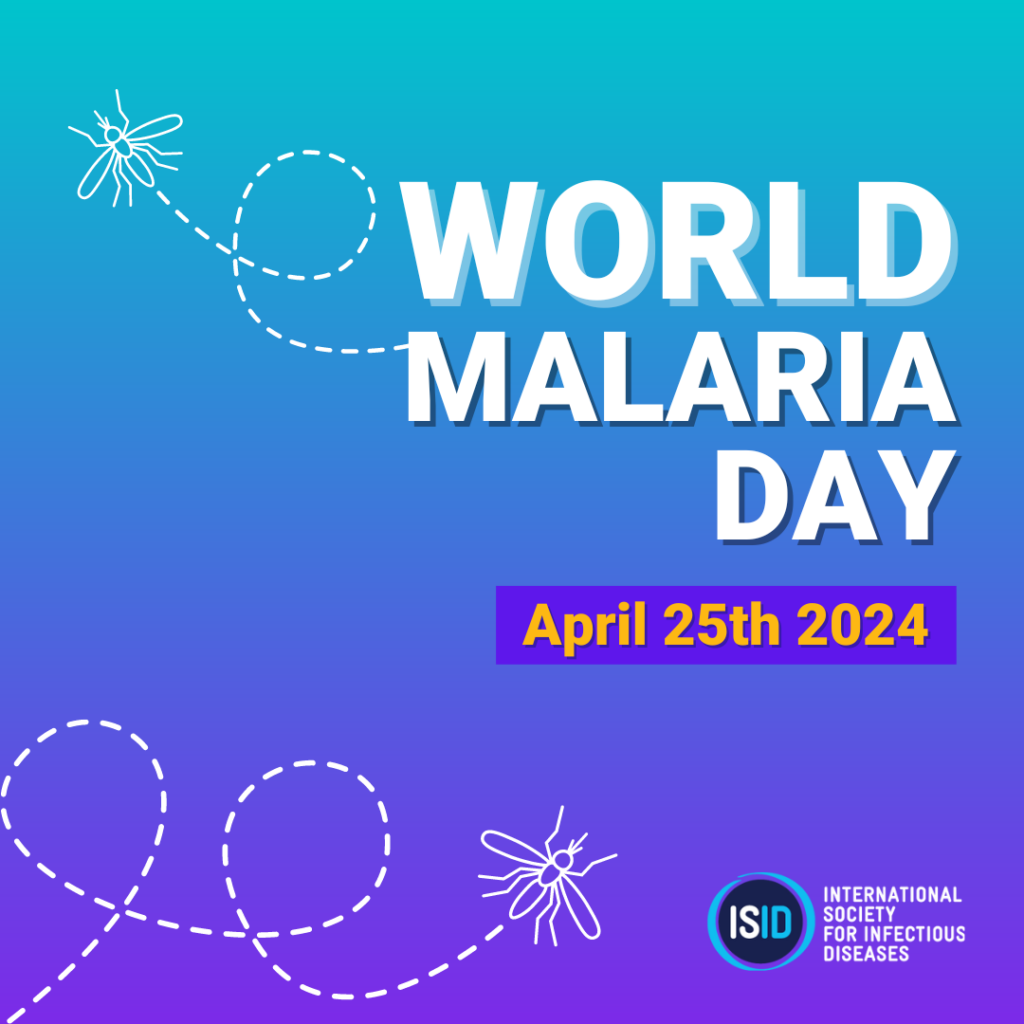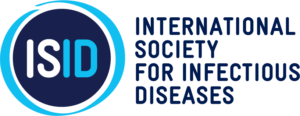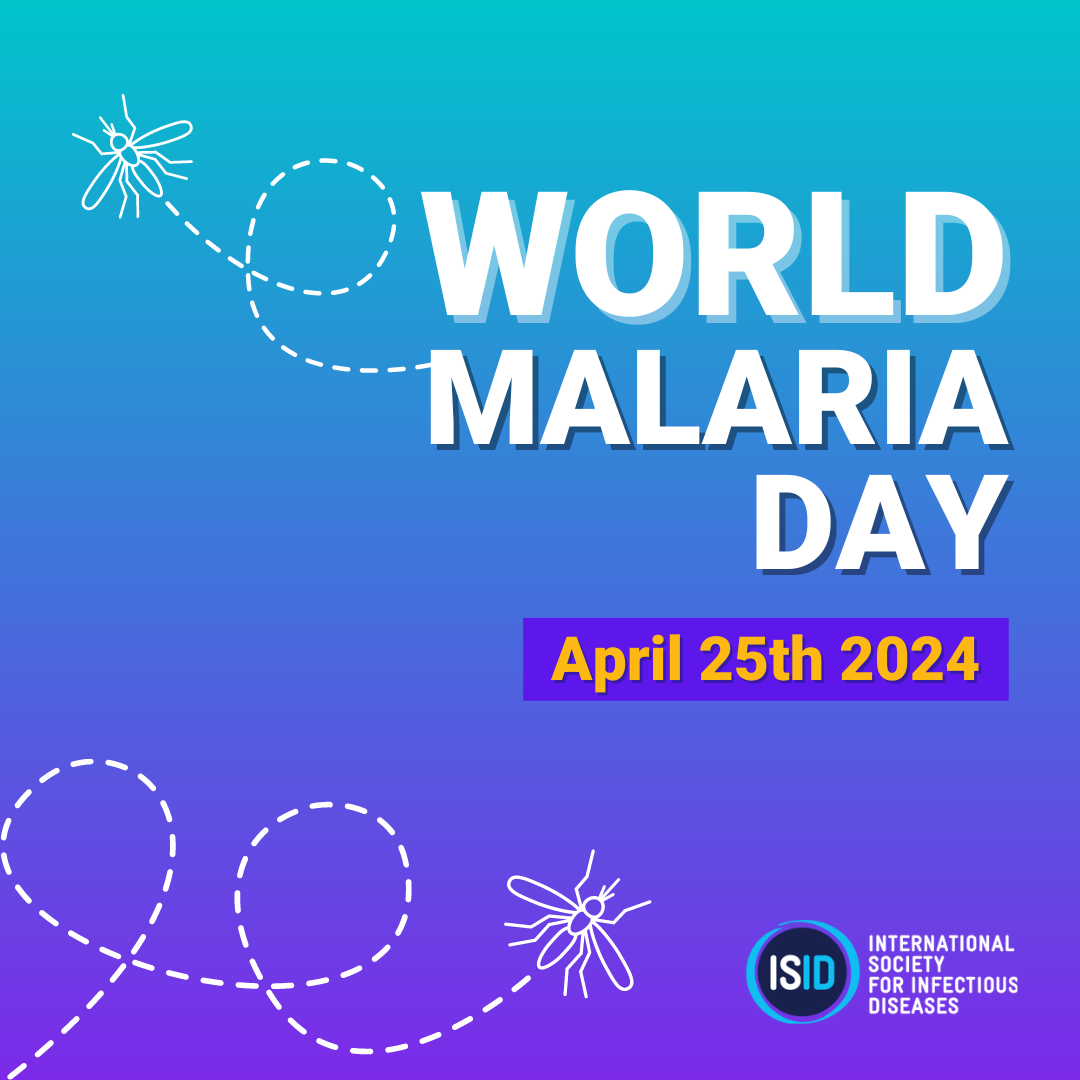 World Malaria Day was instituted by WHO Member States during the World Health Assembly of 2007, and it is an occasion to highlight the need for continued investment and commitment to malaria prevention and control, as well as the advances that have already been made. The 2024 theme is “Accelerating the fight against malaria for a more equitable world,” as people living in the most vulnerable situations continue to be disproportionately impacted; additionally, climate change and humanitarian emergencies, including natural disasters and conflicts in malaria-endemic countries, are displacing populations making them vulnerable to the disease.
World Malaria Day was instituted by WHO Member States during the World Health Assembly of 2007, and it is an occasion to highlight the need for continued investment and commitment to malaria prevention and control, as well as the advances that have already been made. The 2024 theme is “Accelerating the fight against malaria for a more equitable world,” as people living in the most vulnerable situations continue to be disproportionately impacted; additionally, climate change and humanitarian emergencies, including natural disasters and conflicts in malaria-endemic countries, are displacing populations making them vulnerable to the disease.
Recently, the WHO recommended a new vaccine, R21/Matrix-M, for the prevention of malaria in children. It is the second malaria vaccine recommended, representing a potential high public health impact in places with a particularly high burden.
Research on Malaria has been published recently in our journals, reported in the previous months (links below*) Simian malarias are increasingly being recognized as important emerging zoonoses, being now the major human malaria species in some areas, following the successful elimination of other human malaria species, especially in Southeast Asian countries, which have significantly reduced the number of P. falciparum and P. vivax infection.
Also, as emphasized recently in another paper recently published in our journals (link below**), Malaria burden is primarily owing to the resistance of parasites and vectors to frontline drugs and insecticides, making awareness of factors contributing to parasite resistance to antimalarials within communities crucial as for example concerning the high level of self-medication and gross neglect of certain risk factors.
ISID Resources
- *Is the rise of simian zoonotic malarias a public health problem caused by humans? A review of simian malaria in humans
- **Community engagement and antimalarial drugs medication as the first line of defense in the fight against antimalarial drug resistance in some endemic localities in Cameroon
- Modeling clinical malaria episodes in different ecological settings in Mali, 2018-2022
- Comparison of deforestation and forest land use factors for malaria elimination in Myanmar
- Comparison of prevalence estimates of pfhrp2 and pfhrp3 deletions in Plasmodium falciparum determined by conventional PCR and multiplex qPCR and implications for surveillance and monitoring
- Dynamics of Plasmodium species and genotype diversity in adults with asymptomatic infection in Gabon
- Assessing the utility of pregnant women as a sentinel surveillance population for malaria in Geita, Tanzania, 2019 - 2021

